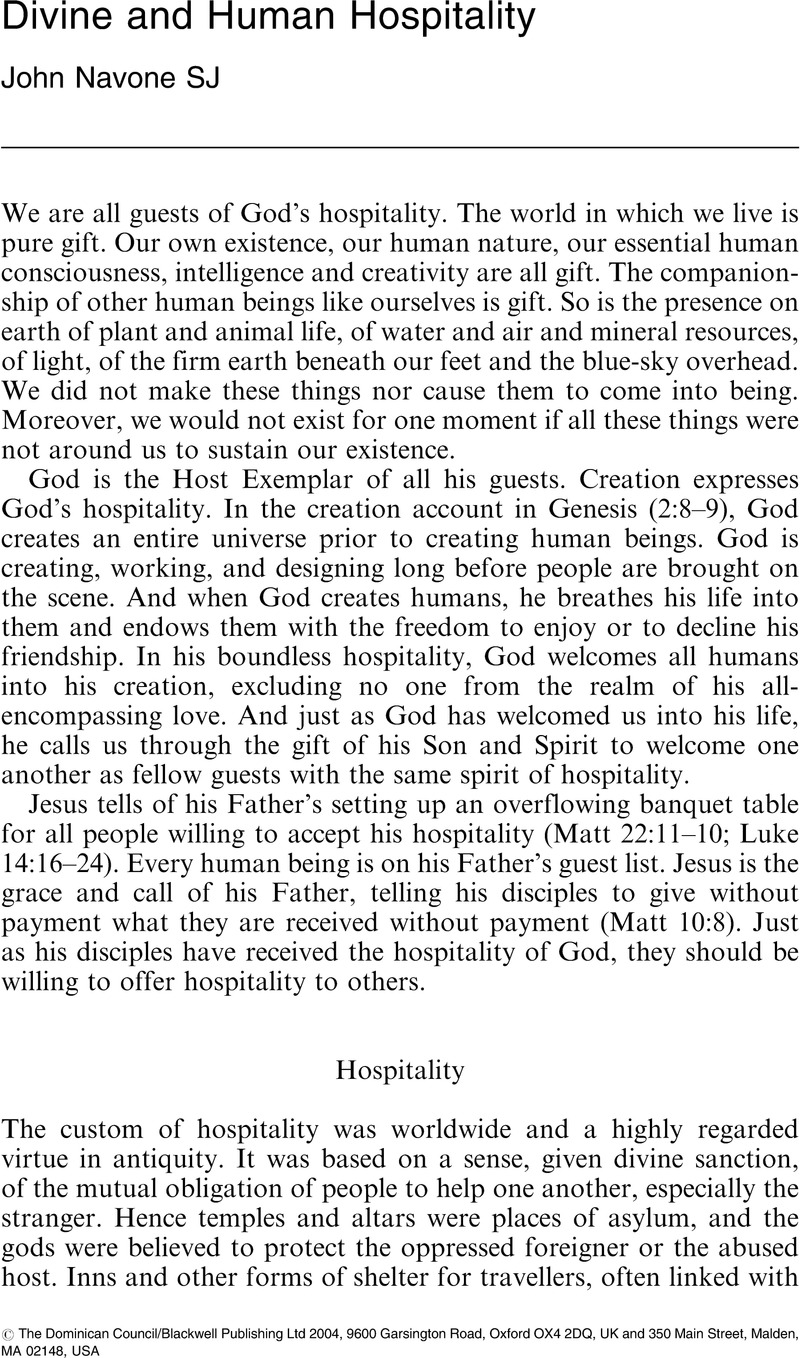Crossref Citations
This article has been cited by the following publications. This list is generated based on data provided by Crossref.
Lynch, Paul
Molz, Jennie Germann
McIntosh, Alison
Lugosi, Peter
and
Lashley, Conrad
2021.
Theorizing hospitality: A reprise.
Hospitality & Society,
Vol. 11,
Issue. 3,
p.
249.
Gursoy, Dogan
and
Maier, Thomas
2023.
Diversity, equity and inclusion in hospitality: Value centered leadership as a conduit for change.
Journal of Hospitality Marketing & Management,
Vol. 32,
Issue. 4,
p.
445.



